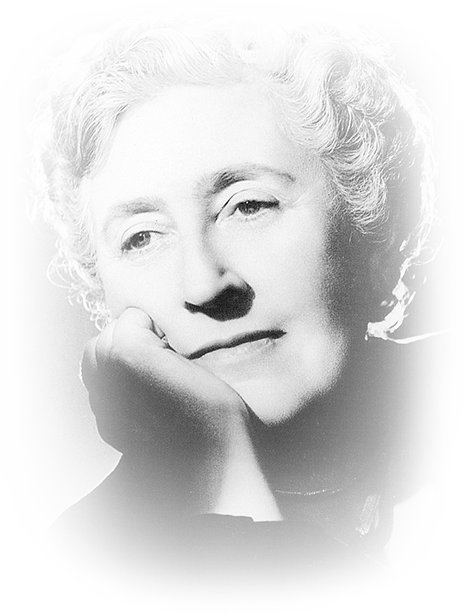Rick Holland’s Place Among Modern English Poets
In the realm of modern English poets, Rick Holland holds a distinctive place due to his experimental approach and modern thematic explorations. Unlike traditional poets who often focused on nature and personal reflection, Holland’s poetry dives into the complexities of modern life and technology in the same way as a paperwriter who’s aim is to provide a perfrect assistance to the students. His contributions have helped to redefine what it means to be a poet in the digital age, situating him alongside other innovative figures in English poetry who have pushed the boundaries of the art form.

Analyzing the Style and Themes of Rick Holland’s Poetry
Rick Holland’s poetic style is characterized by its lyrical density and profound engagement with contemporary issues. His themes often revolve around psychogeography, digital culture, and the human experience within urban settings. His book ‘Story the Flowers’ reflects his deep interest in the flaneur’s perspective of the city, a theme that resonates with the works of great English poets like William Wordsworth and John Keats, yet with a distinctly modern twist that incorporates the digital landscape.

Rick Holland vs. William Shakespeare: A Comparative Study
Comparing Rick Holland with William Shakespeare might seem unusual, given the vast differences in their time periods and styles. However, both poets share a knack for capturing the essence of human emotion and transforming it into art. While Shakespeare’s works like “Shall I compare thee to a summer’s day” are celebrated for their timeless romantic imagery, Holland’s poetry, though modern, echoes a similar depth through its reflective exploration of contemporary life and technology.
Rick Holland’s Most Famous Poem: A Closer Look
One of Rick Holland’s most famous poems, “Monument,” serves as a brilliant example of his skill in weaving complex narratives into concise expressions. This poem, which inspired the album ‘Culture of Volume’ by East India Youth, showcases Holland’s ability to influence other art forms, a trait that he shares with famous English poets like Percy Bysshe Shelley and William Blake. This deep intertwining of poetic expression and musical innovation in Rick Holland’s work enriches the cultural dialogue between different art forms. By merging the lyrical precision of poetry with the emotive power of music, Holland not only extends the reach of his poetic voice but also reshapes how listeners perceive music. His influence encourages a reflective engagement with music, inviting audiences to explore more complex emotional and intellectual landscapes. As Holland continues to build bridges between poetry and other mediums, he reaffirms the relevance of poetry in contemporary society, showcasing its potential to influence and be influenced by other artistic endeavors.
The Influence of Famous English Poets on Holland’s Work
Holland’s work is deeply influenced by a range of famous English poets. From the introspective romanticism of William Wordsworth to the dark, intricate verses of Edgar Allan Poe, Holland’s modern interpretations of poetic form and theme reflect a broad spectrum of inspirations. These historical influences blend seamlessly with his contemporary focus, creating a bridge between the past and the present in English literature.
The Evolution of Poetry in the English Language
The evolution of poetry in the English language has seen a dramatic transformation from the structured verses of William Shakespeare to the free form and open interpretation characteristic of modern poetry. Rick Holland’s work is indicative of this shift, emphasizing fluidity over form and meaning over meter. His contributions continue to push the boundaries of how poetry is perceived and what it can achieve within the broader context of modern art and contemporary culture.
Rick Holland’s Future in English Literature
Looking forward, Rick Holland’s role in English literature promises further innovation and exploration. As digital mediums become increasingly intertwined with literary creation, Holland’s future works are expected to further explore these intersections, potentially influencing new generations of poets. His ongoing experimentation with digital formats and collaborative projects suggests that his impact on English poetry will continue to grow, perhaps setting new standards for what it means to be a poet in today’s digital world.
Students use essay services where you can pay for research paper WritePaper to receive professional, custom-written papers that demonstrate clear arguments and analytical depth. They ensure academic excellence through expert guidance.

